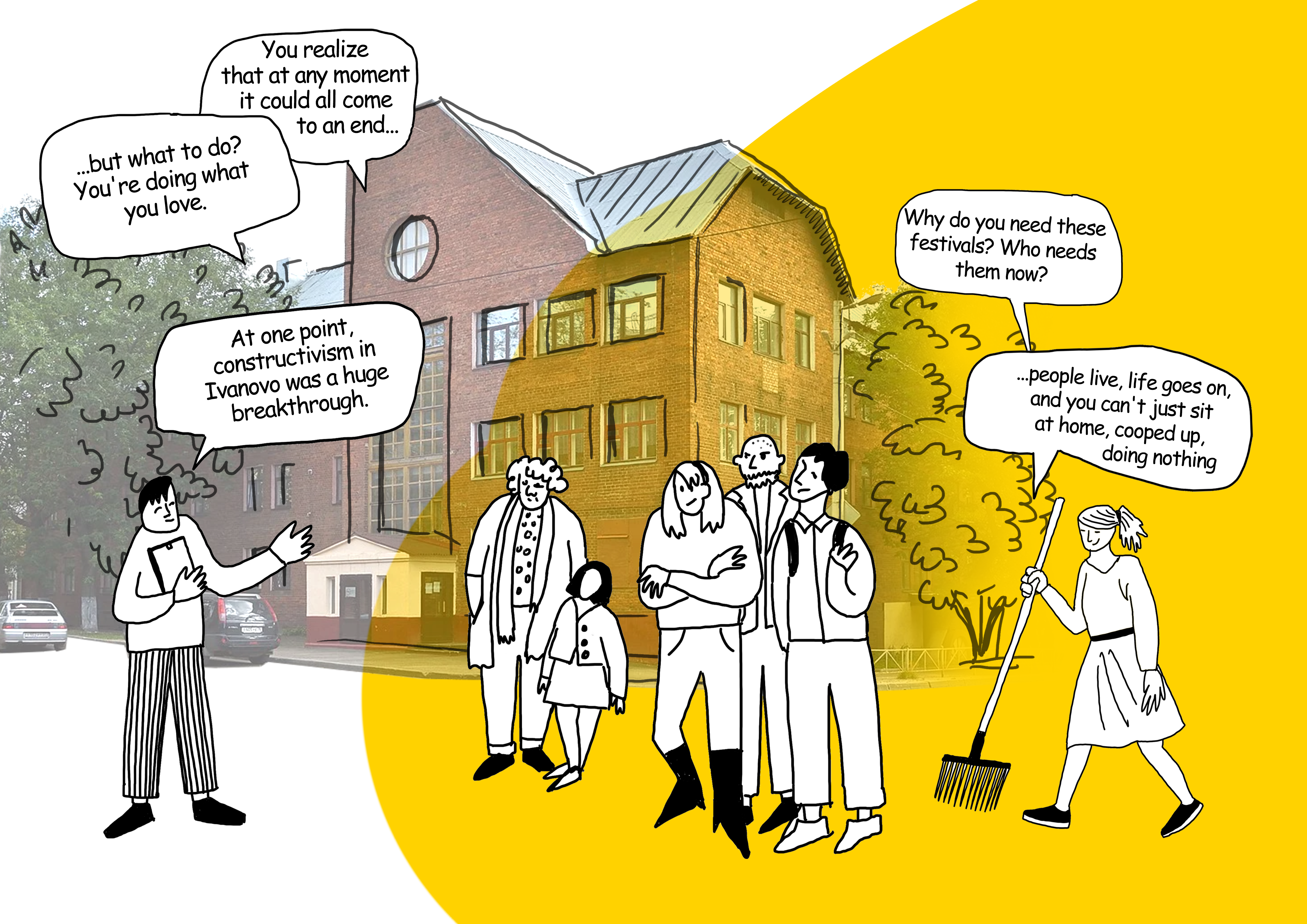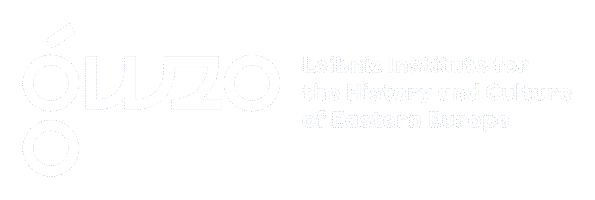
@ Luba Krutenko, 2024
Approach to the analysis of civic activism
1) Broader understanding of urban activism with focus on diversity of practices and activities: from “urban social movements” to “urban activism” (Morris, Semenov, Smyth, 2023)
2) Actors and arenas analytical perspective: Attention to the processes at micro-level and diversity of actors. We use strategic interactionist perspective to show how actors actions are being organized by historical value idea (Jasper, Duyvendak, 2015)
3) Connection of (a)political stand to everyday life: Different forms of contestation, not only open conflict. Understanding initiative’s embodyness into everyday life is important to avoid simplifications and make sense of their diverse ideological lines (Clement, Zhelnina, 2019) “Even in contexts where there is a high degree of inequality and a low degree of democracy—as there is in Russia nowadays—people can rely on their everyday experience and their social imaginary to confront these obstacles and expand their political imagination”.
Heritage as “a subjective political negotiation of identity, place and memory”
“Heritage is not a thing, site or place, nor is it ‘found’, rather heritage is the multiple processes of meaning making that occur as material heritage places or intangible heritage events are identified, defined, managed, exhibited and visited.
[heritage] can be usefully understood as a subjective political negotiation of identity, place and memory; that it is a ‘moment’ or a process of re/constructing and negotiating cultural and social values and meanings. Heritage is a process, or a performance, in which we identify the values, memories and cultural and social meanings that help us make sense of the present, our identities and sense of physical and social place.
…
[it] occurs around the decisions we make to preserve, or not, certain physical places or objects or intangible events, and the way these are then managed, exhibited or performed.
Places and intangible events of heritage are therefore given value by the act of naming them ‘heritage’ and by the processes of heritage negotiations and re/creations that occur at them”.
Laurajane Smith (2012) Discourses of heritage: implications for archaeological community practice
Project’s definition of heritage-related civic practices
All publicly performed actions, which have at least one of the characteristics:
- address in any form the symbolic values of built environments;
- engage with sites of collective memories and commemoration
the non-heritage urban practices should also be taken into consideration, if they address preservation of historical built environments.







